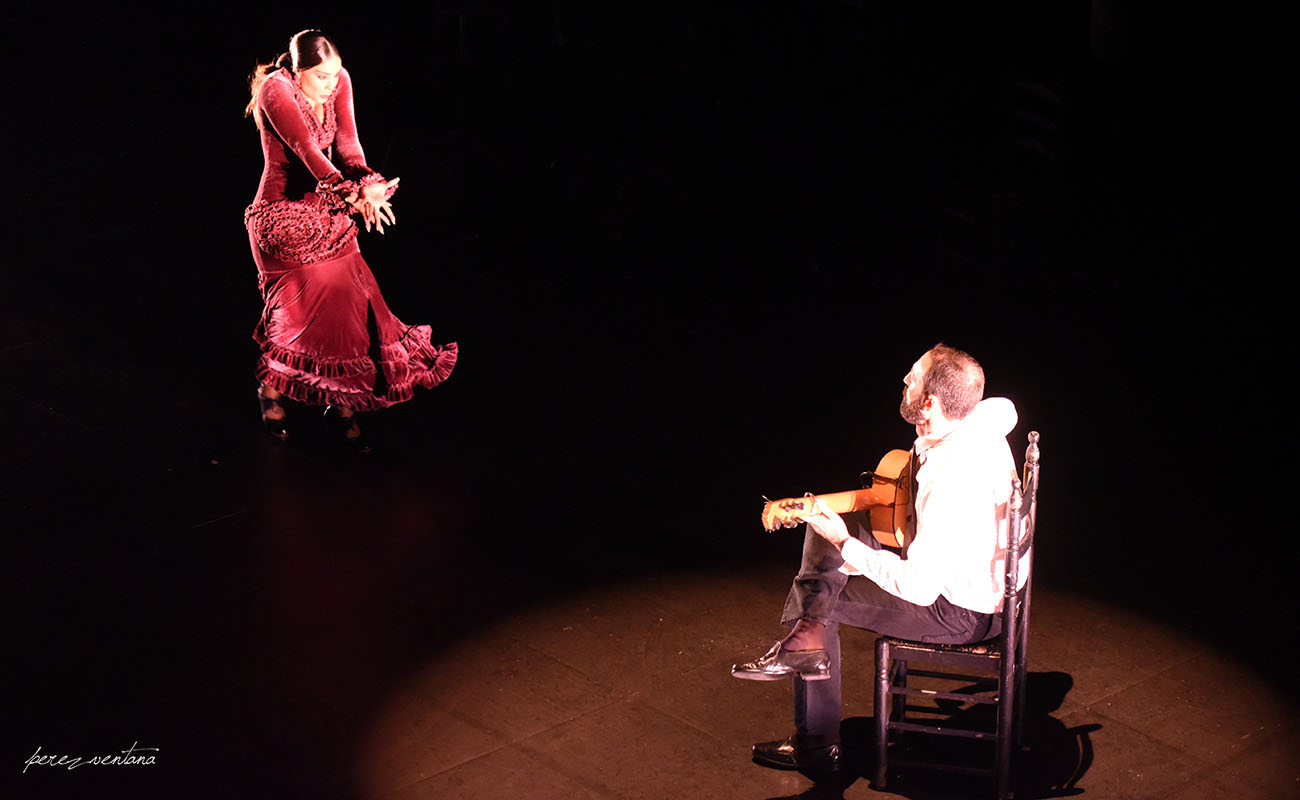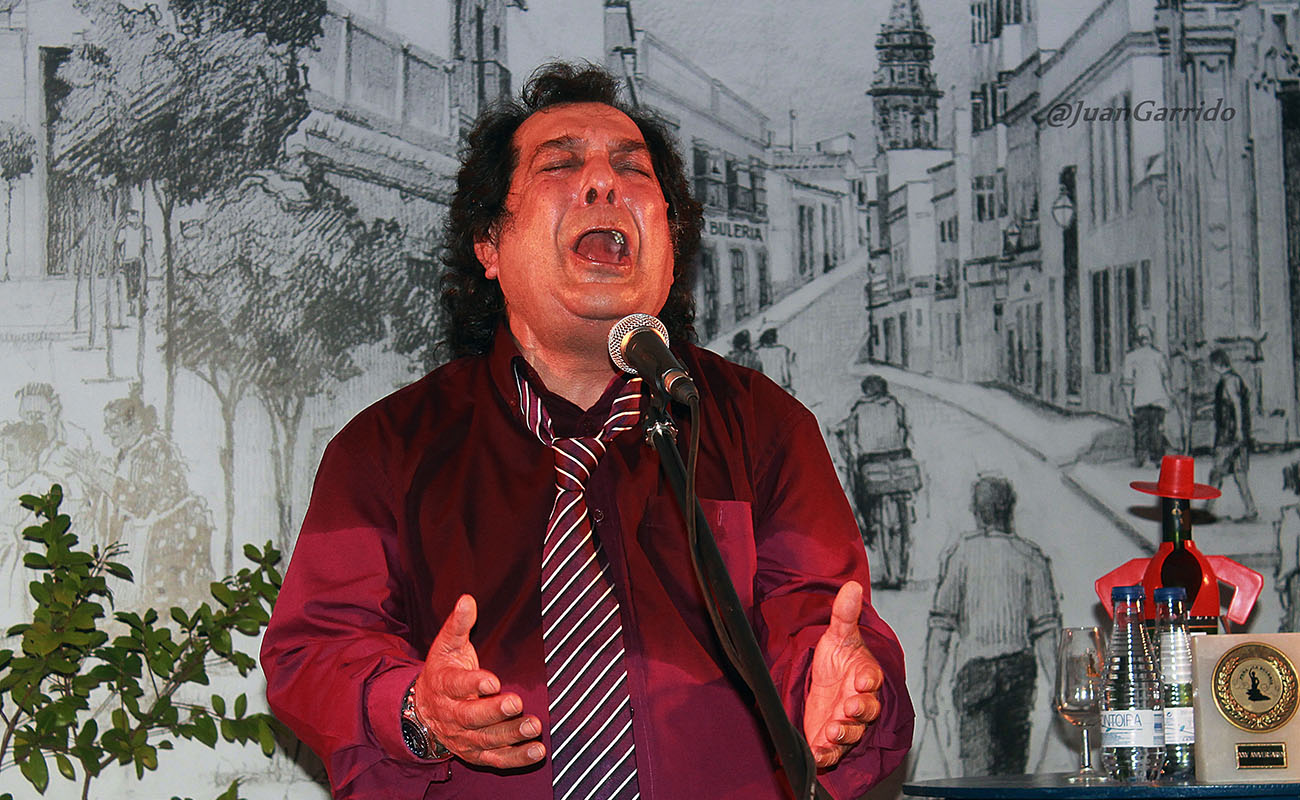I Feel Gypsy
I must admit that I got shivers when I read the statement of Italy’s Interior Minister.

I must admit that I got shivers when I read the statement of Italy’s Interior Minister. I think it’s absolutely repugnant the very fact that making an ethnic census crossed his mind. I remember that one of Hitler’s first orders were to make a census of Jews, Gypsies and other groups to force them to wear an identity badge and banning them from certain places, even places to get food, later herding them in ghettos and ultimately locking them up in concentration camps and exterminating them in gas chambers. In the end, as it often happens, hatred prevailed. This is the result of measures such as this one proposed in Italy, and I have no doubt that those in Spain’s xenophobic far-right (which fortunately doesn’t have that much support) would like to follow in their steps and do the same thing here in Spain, it’s just a matter of time, although we must remember that most Gypsies in our country are full-fledged Spanish citizens and thus protected by the constitution, the same as with most Italian Gypsies.
I would also like to point out that the persecution or Gypsies is nothing new. The first of the Pragmática decrees by the so-called “Catholic Monarchs”, signed in Medina del Campo in 1499, was the start of a series of measures against Gypsies which only came to an end in 1978, although certain prejudices still prevail. For example, the Ministry of Education has ethnic-minority programs essentially targeting Gypsies, even creating ghetto schools, instead of speaking in terms of disadvantaged or socially excluded communities, which would include both Gypsies and non-Gypsies, because there are all kinds of people under the sun.
I also remember when in 1746 Gaspar Vázquez de Tablada, the bishop of Oviedo, was appointed governor in the Council of Castille, a state institution powerful enough to yield power over the Inquisition. Tablada’s first action was to discuss with the king a “solution” to the “Gypsy problem” and, sure enough, his first order was to make an ethnic census for monitoring, followed by the Gran Redada (“Great Raid”) which took place on July 30th, 1749, a veritable black Wednesday in the life of the Spanish Gypsy people. Men and children over 7 years old were transferred to extremely harsh penitentiaries, and women and children younger than 7 years old were relocated to “Houses of Mercy”. The only goal was the extermination of the Gypsy people. Years later (1763), during in the reign of Charles III, this law was revoked (although by then many Gypsies had suffered its consequences, even death), acknowledging the error of political decisions inspired by a bishop and executed by the Marquis of Ensenada, who at the time was minister of king Ferdinand VI. The new king, Charles III (half-brother of Ferdinand VI), when signing the new decree, expressed his wish to erase all that had happened, “because it dishonors the memory of my beloved brother”.
Yet, history repeats itself. In 2013, Manuel Valls, the outstanding Barcelona-born French politician who has cozied up to Albert Rivera’s Ciudadanos party, ordered the arrest, as if it were a matter of terrorism, of a 15-year-old Gypsy girl who travelled in her school bus with her classmates, later expelling her from the country. This didn’t happen by chance, and it’s the direct result of the far-right revival that’s happening all over Europe. This gentleman, who is now considering an offer to run as a somehow respectable candidate for mayor of Barcelona, seems to have forgotten that schools are a place of inclusion, not exclusion, and that schools unite us and teach us to confront marginalization, educating us in equality, because above all, we are humans, and as stated by the Spanish constitution in its 14th Article: “we are all equal before the Law, without any discrimination due to birth, race, gender, religion, opinion or any other personal or social circumstance”.
In the face of this situation, it’s time to take a position, to fight for the people excluded by society, to promote the Mediterranean as a region of union instead of a graveyard, to accept the Gypsy people with their perspective of life, their traditions (without forcing them to integrate, because that would mean their disintegration), their problems, which are so many, but giving them the resources to solve them. Because all of this, I feel Gypsy, Moorish and black…

José Ignacio Primo





